Septic-Safe Landscaping in Lee County: A Homeowner’s Guide
Dreaming of a lush, vibrant landscape for your Lee County home without harming your septic system? It’s achievable! This guide provides a comprehensive look at septic-safe landscaping, from choosing the right plants to implementing practices that protect your drain field. Let’s get started!
Understanding Your Septic System in Lee County
Your septic system is an onsite wastewater treatment system with two main parts:
- Septic Tank: A buried, watertight container where solids settle and decompose.
- Drain Field: A network of underground trenches where liquid wastewater is filtered and treated by the soil before returning to the groundwater.
Protecting your drain field is crucial for a healthy septic system and a healthy environment in Lee County.
Why Septic-Safe Landscaping Matters
Traditional landscaping can pose risks to your septic system. Here’s why:
- Invasive Roots: Tree and shrub roots can clog pipes, damage your septic tank, and disrupt the drain field.
- Overwatering: Excess water from irrigation or poorly draining landscapes can overload the drain field, leading to system failure and potential contamination of groundwater.
- Harmful Chemicals: Fertilizers and pesticides can harm the beneficial bacteria that break down waste in your septic system, reducing its efficiency.
Septic-Safe Landscaping Tips for Lee County Homeowners
- Choose the Right Plants:
- Shallow Roots: Opt for plants with shallow, non-invasive root systems that won’t seek out moisture and nutrients in your septic system.
- Drought-Tolerant: Select plants that require minimal watering, reducing the risk of overloading your drain field. Native Florida species are often ideal.
- Native Plants: These are adapted to Lee County’s climate and soil conditions, require less maintenance, and support local wildlife.
- Protect Your Drain Field:
- Maintain Distance: Keep trees and large shrubs at least 20 feet away from your septic tank and drain field.
- Avoid Heavy Traffic: Don’t drive or park on your drain field, as this compacts the soil and reduces its ability to filter wastewater.
- Divert Runoff: Direct rainwater and irrigation runoff away from your drain field to prevent it from becoming saturated.
- Mulch Wisely: Use organic mulch, like pine straw or shredded bark, to help retain moisture and suppress weeds. Avoid inorganic mulches like rocks or gravel, which can impede water absorption.
- Minimize Chemicals: Use fertilizers and pesticides sparingly, as they can harm the beneficial bacteria in your septic system. Opt for organic alternatives whenever possible.
Native Plants for Your Lee County Septic System
- Grasses:
- Muhly Grass (Muhlenbergia capillaris): This ornamental grass features beautiful pink plumes and thrives in dry, sandy soils.
- Fakahatchee Grass (Tripsacum dactyloides): A tall, clumping grass that tolerates a wide range of soil conditions.
- Cordgrass (Spartina spp.): Salt-tolerant grasses suitable for coastal areas of Lee County.
- Groundcovers:
- Sunshine Mimosa (Mimosa strigillosa): A low-growing groundcover with pink puffball flowers.
- Frogfruit (Phyla nodiflora): A hardy groundcover with small white flowers that attracts pollinators.
- Coontie (Zamia floridana): A native cycad with fern-like foliage that tolerates shade and drought.
- Flowers:
- Blanket Flower (Gaillardia pulchella): Bright red and yellow flowers that attract butterflies.
- Coreopsis (Coreopsis spp.): Cheerful yellow flowers that bloom throughout the summer.
- Black-eyed Susan (Rudbeckia hirta): A classic wildflower with bright yellow petals and a dark center.
- Shrubs:
- Beautyberry (Callicarpa americana): Produces clusters of vibrant purple berries in the fall.
- Firebush (Hamelia patens): Attracts hummingbirds with its bright red tubular flowers.
- Walter’s Viburnum (Viburnum obovatum): A versatile shrub with white flowers and attractive foliage.
FAQs about Septic-Safe Landscaping in Lee County
Q: Can I plant a vegetable garden near my septic system?
A: It’s generally not recommended to plant a vegetable garden directly over your drain field, as there’s a risk of contamination from wastewater. However, you can plant a garden a safe distance away from your septic system, ensuring proper drainage and avoiding excessive fertilization.
Q: How do I know if my landscaping is harming my septic system?
A: Signs include slow drains, sewage backups, foul odors, and unusually lush plant growth over the drain field, indicating potential leaks.
Q: Can I install a pool near my septic system?
A: Pools should be installed a significant distance away from your septic system to avoid damage from excavation and potential leaks. Consult a septic professional for specific guidelines.
Q: Where can I find more information on native plants for Lee County?
A: The University of Florida IFAS Extension Lee County provides excellent resources on native plants and landscaping: https://sfyl.ifas.ufl.edu/lee/
Need More Info on Septic Systems in Lee County?
- Lee County Utilities: https://www.leegov.com/utilities
- Florida Department of Health: https://www.floridahealth.gov/environmental-health/onsite-sewage/index.html
- UF/IFAS Extension Lee County: https://sfyl.ifas.ufl.edu/lee/
- Florida Native Plant Society: https://www.fnps.org/
By following these guidelines and choosing the right plants, you can create a beautiful and thriving landscape in Lee County that complements your septic system and protects our precious environment. Happy planting!
Choosing the Right Professional for Your Septic Tank Inspection
Not all septic service providers are created equal. In Florida’s septic industry, experience and local expertise make a significant difference. Martin Septic has a proven track record in Charlotte County, Sarasota County, and Lee County. With years of hands-on experience, our team knows the unique challenges that Florida’s climate and terrain can present. We provide detailed reports, clear explanations, and tailored recommendations to keep your system functioning efficiently.
Benefits of Choosing Martin Septic
- Expert Knowledge: We understand the specific needs of Florida homeowners, including those in high-water-table areas and varied soil conditions.
- Advanced Equipment: Our inspections use the latest technology for precise evaluations.
- Comprehensive Reports: We provide full inspection summaries that detail findings and offer next steps if maintenance or repairs are needed.
Final Thoughts: Schedule Your Septic Tank Inspection Today
Don’t wait for minor septic system issues to evolve into major, costly repairs. Whether you’re new to homeownership in Florida or have been maintaining a system for years, a septic tank inspection is essential for your peace of mind and home value. Contact Martin Septic today or visit www.MartinSeptic.com to schedule your next inspection. Stay proactive and ensure the health of your septic system—your home and family will thank you.

